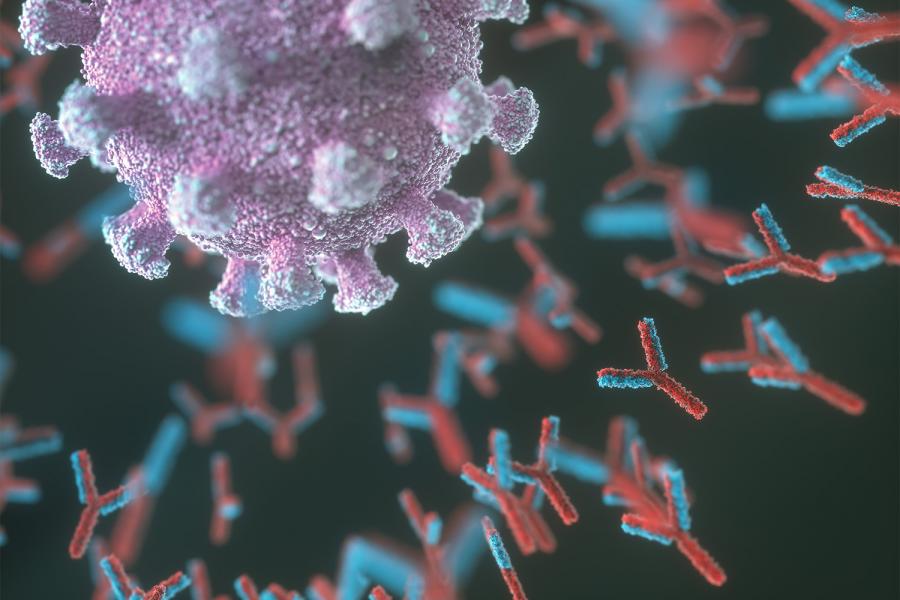Division of Rheumatology

NYU Langone Health’s Division of Rheumatology, part of the Department of Medicine, is one of the leading rheumatology divisions in the country. Under the leadership of Jill P. Buyon, MD, division director, we pursue a tradition of excellence reflected in our tripartite mission of providing outstanding training of clinician–scientists; conducting innovative basic, translational, and clinical research; and offering the latest advances in clinical services.
News From NYU Langone Rheumatology
Explore recent milestones and research breakthroughs from NYU Langone’s Division of Rheumatology.
Drug Prevents Congenital Heart Block Recurrence in a High-Risk Pregnancy
In a study published in the journal Annals of the Rheumatic Diseases online October 18, Jill P. Buyon, MD, and a team of researchers reported for the first time on the successful prevention of recurrent cardiac neonatal lupus (NL) using an FcRn blocking agent, and the first description of rozanolixizumab administration during a human pregnancy.
Higher Psoriatic Arthritis Disease Burden Found Among Hispanic, Non-White Patients
Hispanic and non-White patients with psoriatic arthritis (PsA) enrolled at NYU Langone Health’s Psoriatic Arthritis Center and associated clinics exhibited higher tender joint counts, greater disease severity, and were more likely to have radiographic axial disease than White patients, according to a study published in Rheumatology.
Jimin Tan, PhD Receives Two-Year Arthritis National Research Foundation Grant
We are proud to announce that our AI Colton Scholar Jimin Tan, PhD, was awarded a two-year grant from the Arthritis National Research Foundation (ANRF) titled, “Identification of gene dysregulation and therapeutic targets for psoriatic arthritis using novel machine learning approaches.” Drs. Jose U. Scher (NYU Colton Center Director) and Aris Tsirigos (Division of Precision Medicine co-Director) will serve as mentors/collaborators.
Dr. Tan's research uses advanced machine learning algorithms that learn patterns in patient data to better understand why PsA develops. The investigative team will study tissue samples from both the skin and joints of patients to find out what makes cells behave differently in PsA compared to skin psoriasis and other forms of arthritis. The goal of this research program is to help doctors better treat both the skin and joint symptoms of PsA, improving the lives of patients living with this challenging condition.
Rheumatology Education

Rheumatology Research
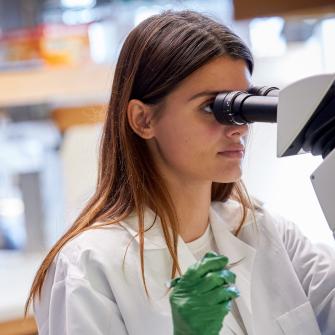
Rheumatology Faculty

Related News

Drug Prevents Congenital Heart Block
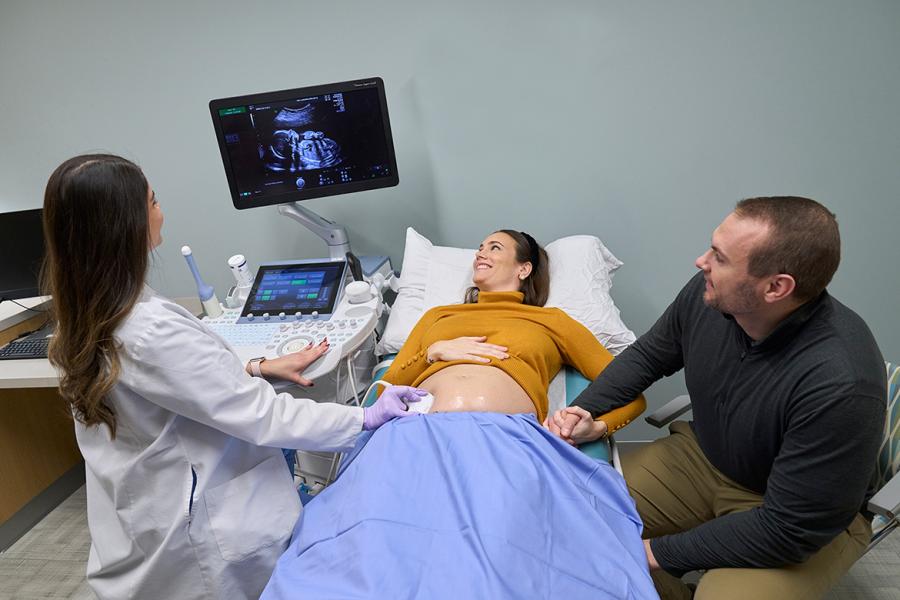
Lupus Study Shows Who Should Monitor Fetal Heart Rate

Lupus Flare-Ups Linked to Specific Gut Bacterial Growth
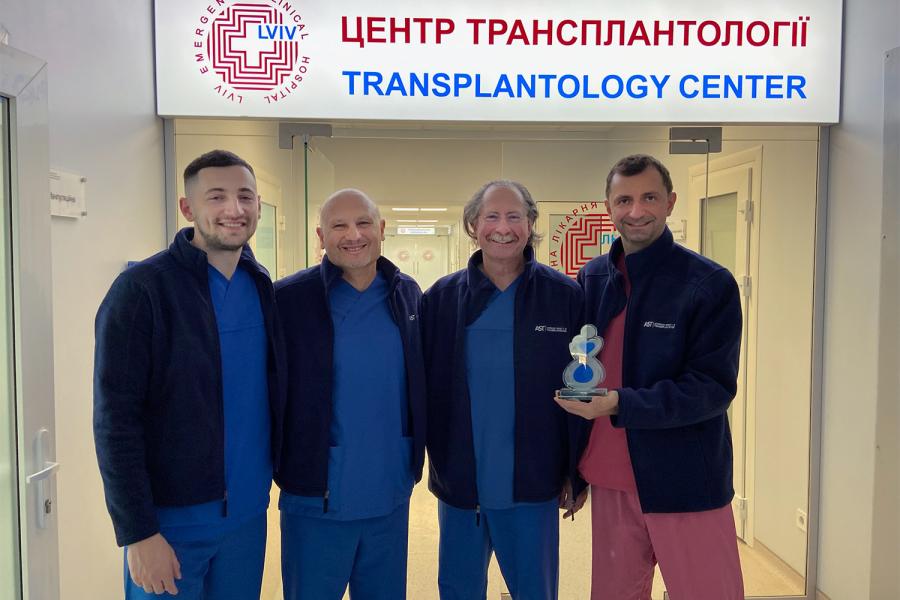
Faculty Travel to Ukraine on Medical Missions

People with Lupus Benefit from COVID-19 Vaccine Booster
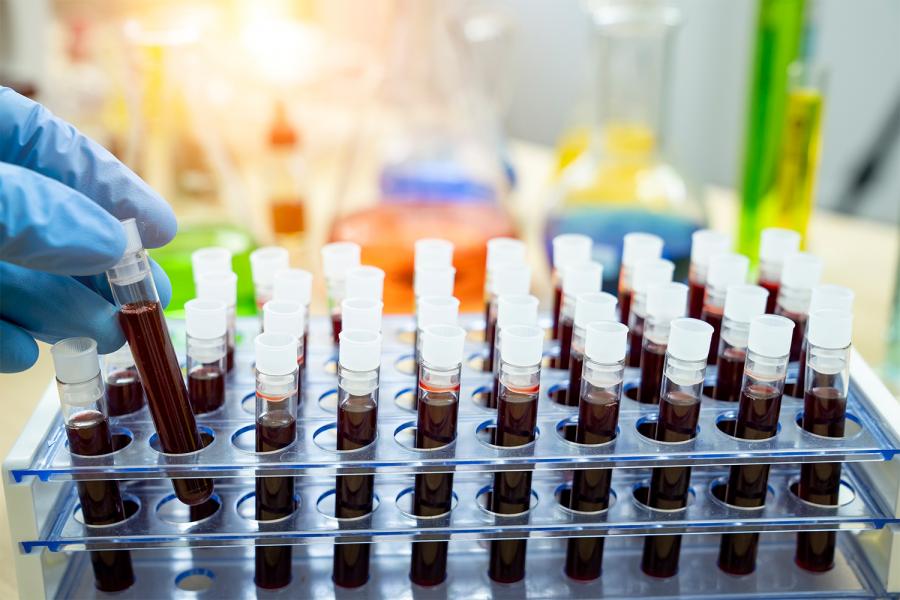
NYU Langone Leads Partnership to Study Autoimmune Diseases

NYU Langone Rheumatologists Present Latest Findings at ACR
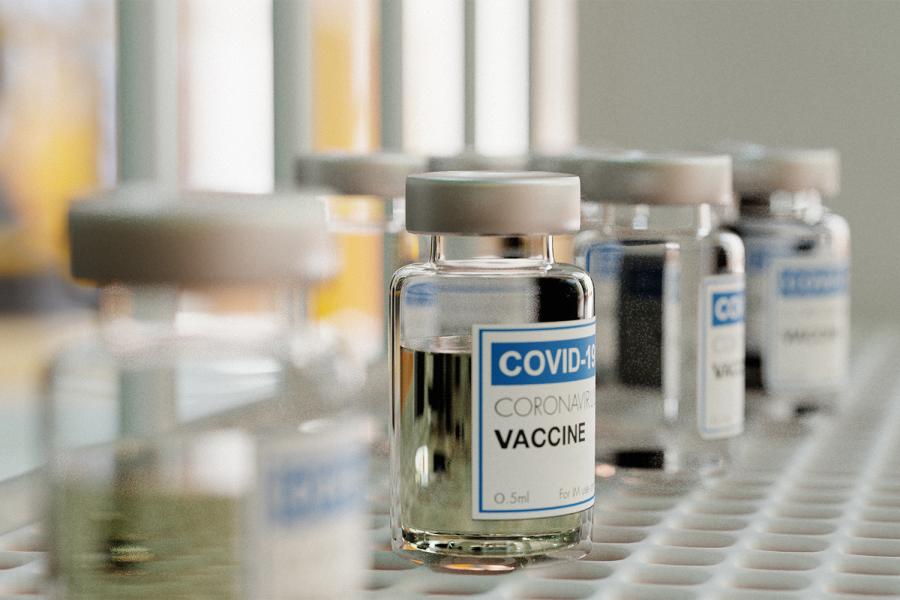
Patients with Lupus Respond Less Well to COVID-19 Vaccine

Autoimmune Disorders Are on the Rise Among Older Adults
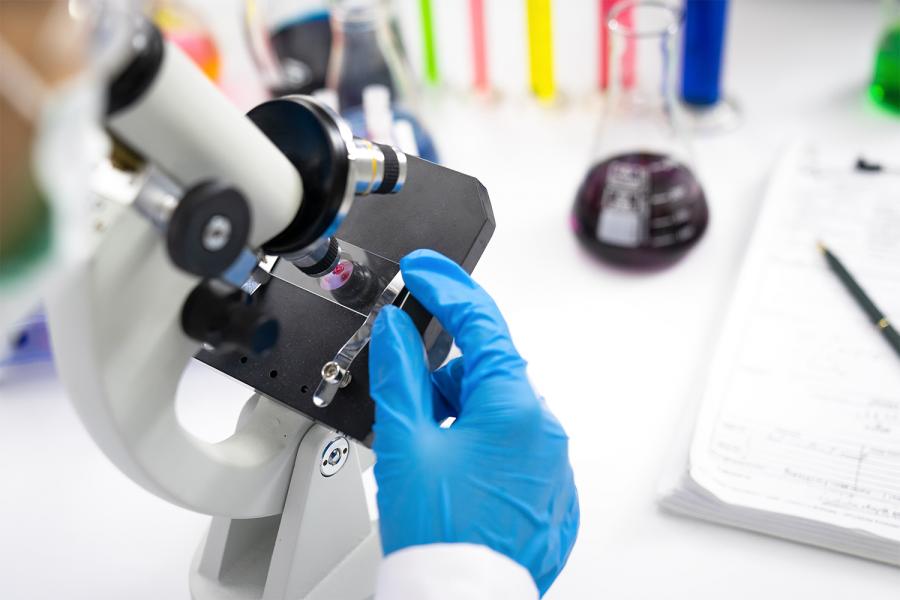
Enzyme Impairment May Enable Pathogenesis of Lupus Nephritis
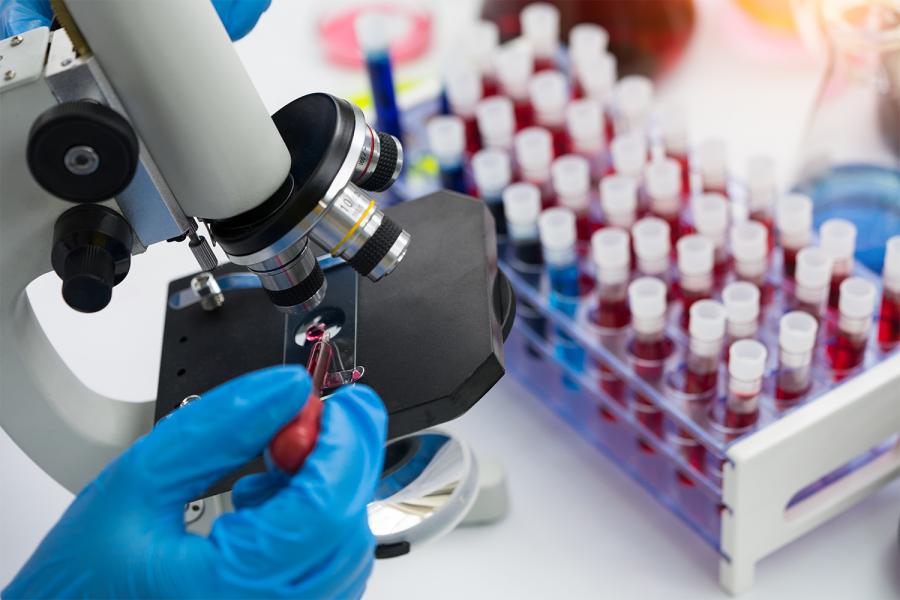
Methotrexate Reduces Response to COVID-19 Vaccine
